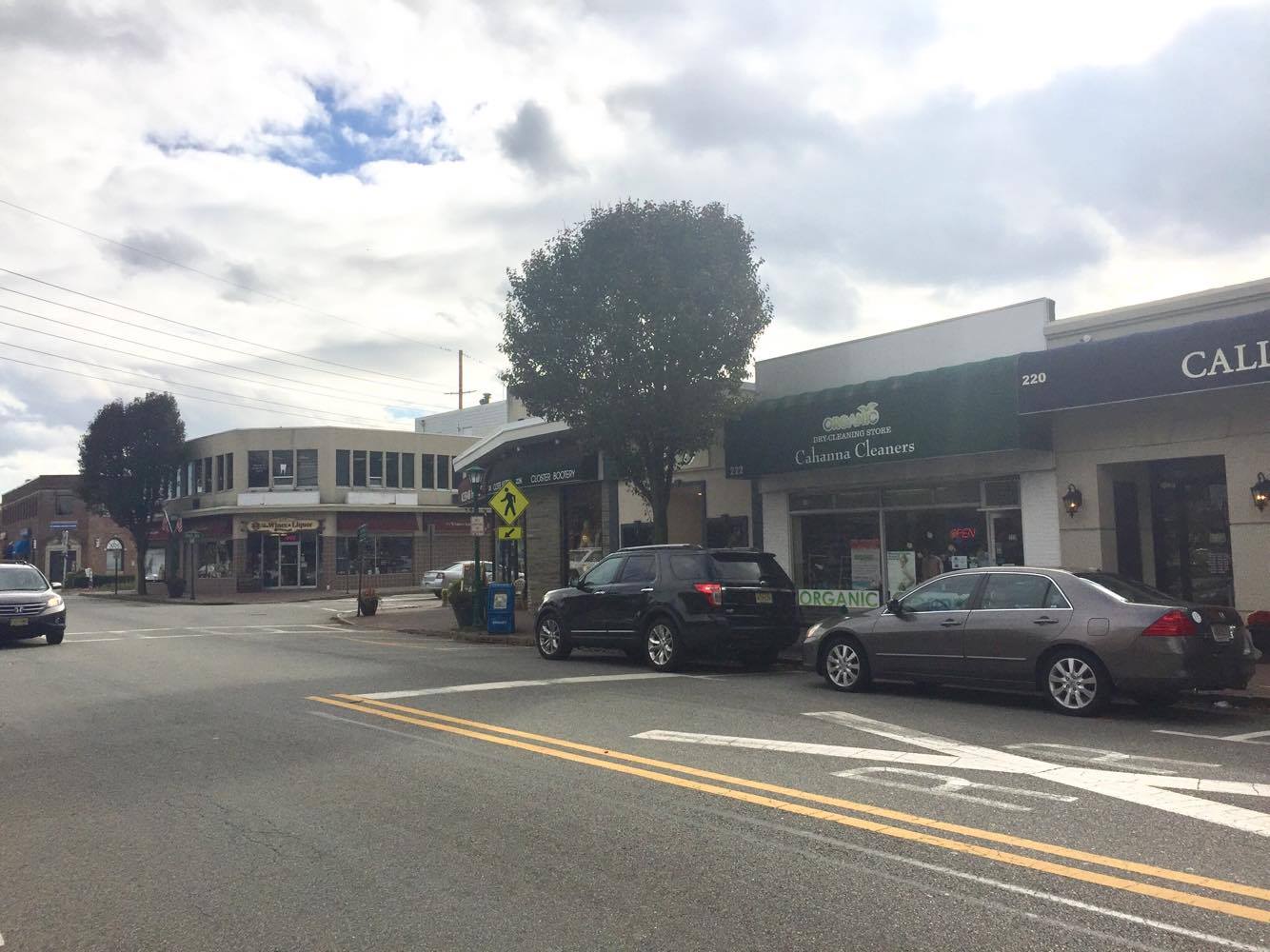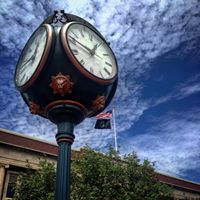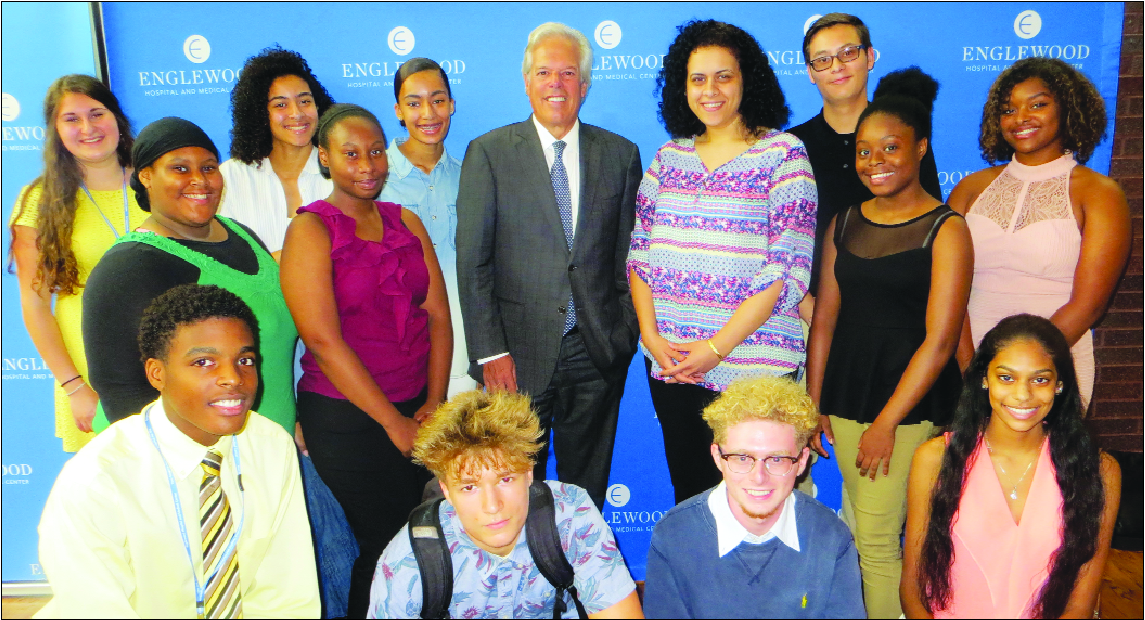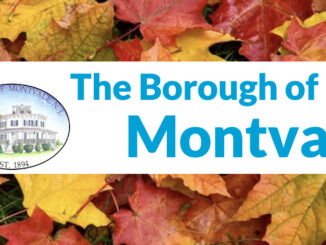
BY MICHAEL OLOHAN
OF NORTHERN VALLEY PRESS
CLOSTER, N.J. –– Making the local business district more pedestrian-friendly and finding ways to increase the number of shoppers was the focus of a recent October meeting by council members, other local officials, and community leaders to help rejuvenate the downtown.
[slideshow_deploy id=’899′]
The annual meeting raised a number of possible options to increase foot traffic to the smaller stores in downtown Closter. Northern Valley Press contacted municipal officials and leaders to get their views on what options may be key to downtown’s future.
From creating a well-lighted pathway to downtown businesses from the newly renovated Closter Plaza shopping mall, to offering a variety of economic incentives to landlords to improve downtown business facades and increase above-store rental housing for Millennials, local officials promoted ideas to make the downtown district as popular as the newly renovated and nearby Closter Plaza mall.
For councilwoman Victoria Amitai, she said a lack of downtown parking and apartments above retail stores means fewer shoppers going to downtown businesses. The new Closter Plaza includes ample parking for a potpourri of stores including Whole Foods, Target, and Starbucks.
Amitai suggested the council needs to make Closter “a go-to destination” and that should include guidance from the local Historic Preservation Commission.
“In 10 to 15 years, we’d have something that was cohesive and a pleasant place to come to that makes it a go-to destination. We’re kind of lacking that buzz,” she added.
Amitai said an upcoming re-evaluation of Closter’s Master Plan offers an opportunity to incorporate some guidelines for local business district improvements.
“If we had a goal, if we had a direction, we could ask [the businesses] to consider moving in this direction,” Amitai said referring to possible historical guidelines for an exterior upgrade.
With many downtown landlords not being residents, there is a problem in reaching them, said Councilman David Barad. He said Closter “needs to create incentives for landlords to invest in their properties” including possible tax abatements. He said one way “was to help the landlords feel vested in the downtown.”
“I think we need to do what we can to make it more attractive,” Barad said. “There is no short-term solution. It’s got to be a long-term plan.”
‘A hot town’
With its new stores and a revitalized Closter Plaza, councilwoman Alissa Latner said she’s hearing from more people and Realtors that Closter is fast becoming “a hot town’ … with all the new businesses opening up.”
“Every few months we have a grand opening for something,” said Latner. She said recent openings include a Korean barbecue restaurant and a new French bakery. She said a new movie theater is planned for 2018.
She suggested a direct pathway from Closter Plaza to local businesses and the need to “create more foot traffic” for downtown stores. She said “though these things take forever” the proposed greenway may eventually also help increase pedestrian traffic.
While council members offered positive views and options for a future downtown, the local Chamber of Commerce president offered a less rosy assessment.
He said most local business owners are “generally cynical” about working with the town and “shrugged their shoulders” when asked to participate in improvement efforts.
“You’ve got to fix the nuts and bolts and gears before you can worry about aesthetics and history,” said Michael Brown, chamber president, on Nov. 1.
He said Closter needs to “allow for different types of businesses” downtown and that borough code “is not flexible enough.” As an example, he suggested Closter “revisit their outdoor seating codes.”
“Business owners do not feel that the town is business friendly,” added Brown.
Brown said business owners are “opposed to any increased taxes” from a business improvement district but “a tax abatement” may possibly help to entice owners to get involved.
[slideshow_deploy id=’899′]
At a previous meeting, Sophie Heymann, a former mayor and environmental commission chair, suggested such a district.
Generally, a BID would tax local business owners to fund business district improvements.
Efforts to reach Mayor John Glidden and Heymann were not returned by press time.



